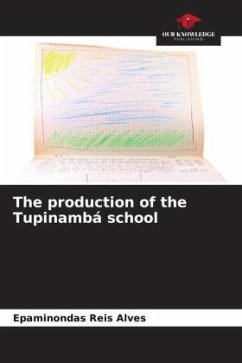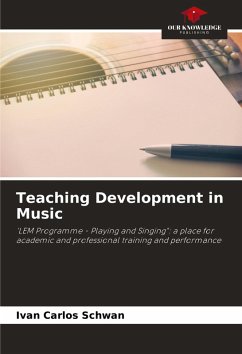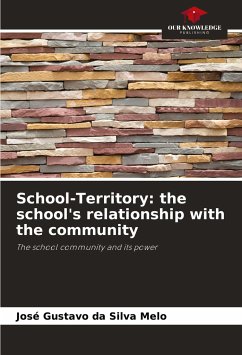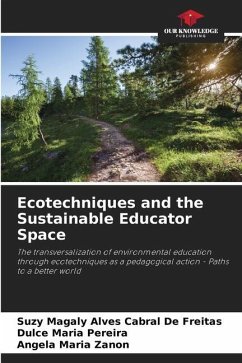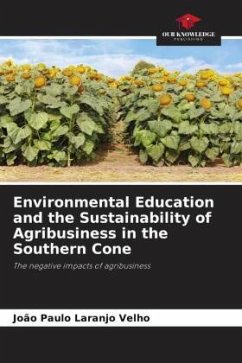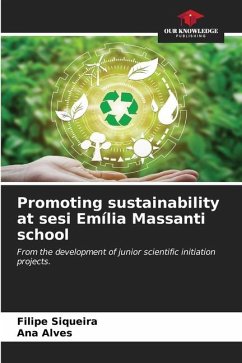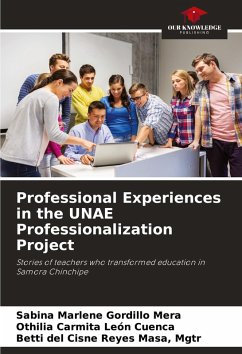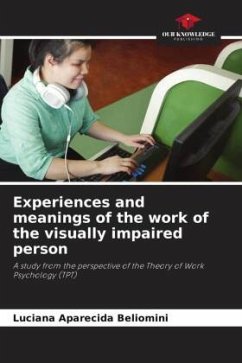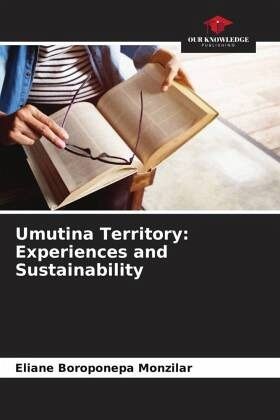
Umutina Territory: Experiences and Sustainability
Versandkostenfrei!
Versandfertig in 6-10 Tagen
33,99 €
inkl. MwSt.

PAYBACK Punkte
17 °P sammeln!
This work deals with the Umutina Territory, the challenges of sustainability and the experiences of young high school students from the Umutina Village. The Umutina territory has already been demarcated, the process was carried out on 24 April 1960 and registered in the Registry Office of the Municipality of Rosário D'Oeste-MT, with an area of 28,120 hectares. The Umutina Indigenous Land is rich and important, because it is through it that the people derive their livelihoods and establish their social and cultural relationships. The land is essential for keeping the Umutina people's culture a...
This work deals with the Umutina Territory, the challenges of sustainability and the experiences of young high school students from the Umutina Village. The Umutina territory has already been demarcated, the process was carried out on 24 April 1960 and registered in the Registry Office of the Municipality of Rosário D'Oeste-MT, with an area of 28,120 hectares. The Umutina Indigenous Land is rich and important, because it is through it that the people derive their livelihoods and establish their social and cultural relationships. The land is essential for keeping the Umutina people's culture alive. This work was carried out through bibliographical research, data collected through interviews with leaders and the participation of young people from the Jula Paré school who live in the community, workshops and photographs. It will help the younger generations, the community and the school to have access to traditional knowledge and know-how, valuing and protecting the territorial space and the search for alternatives within the community, and will serve as a record and document for future generations. It aims to strengthen Umutina culture and keep it alive so that young people can enjoy this heritage and it will serve as teaching material in indigenous schools.



